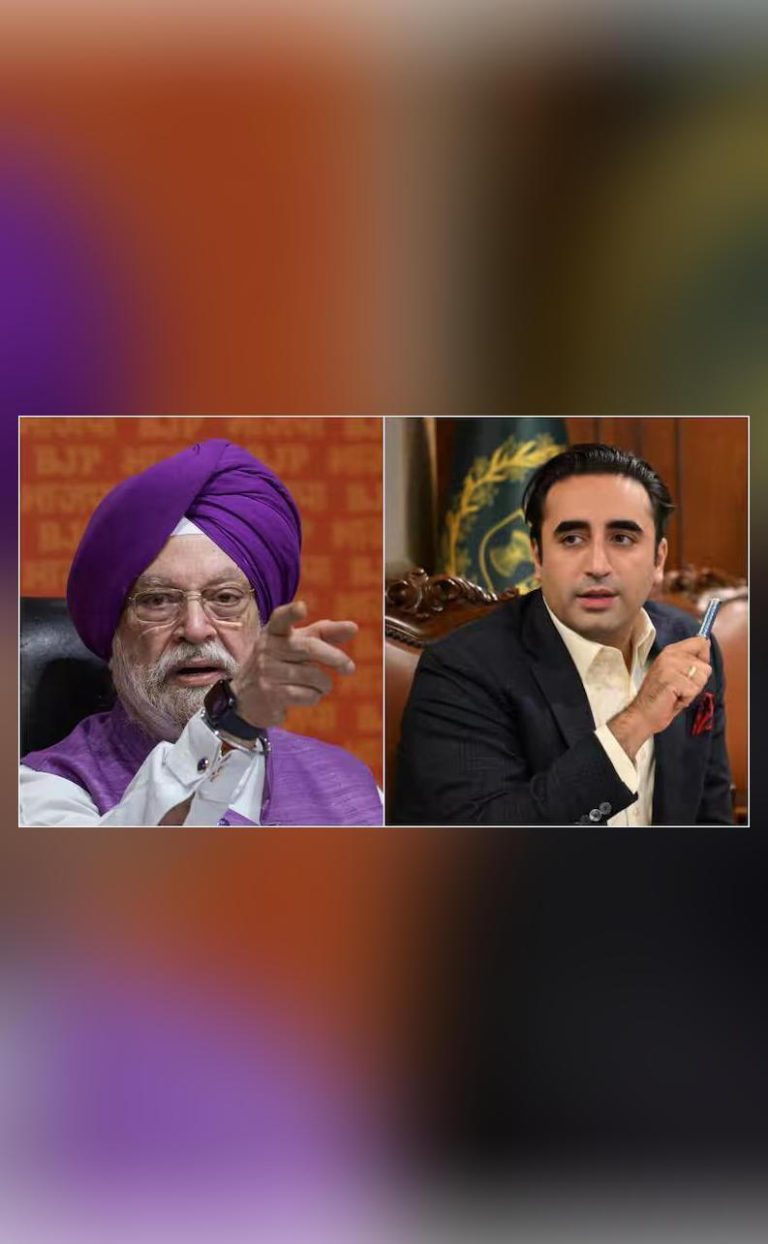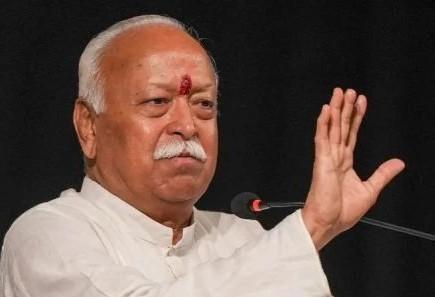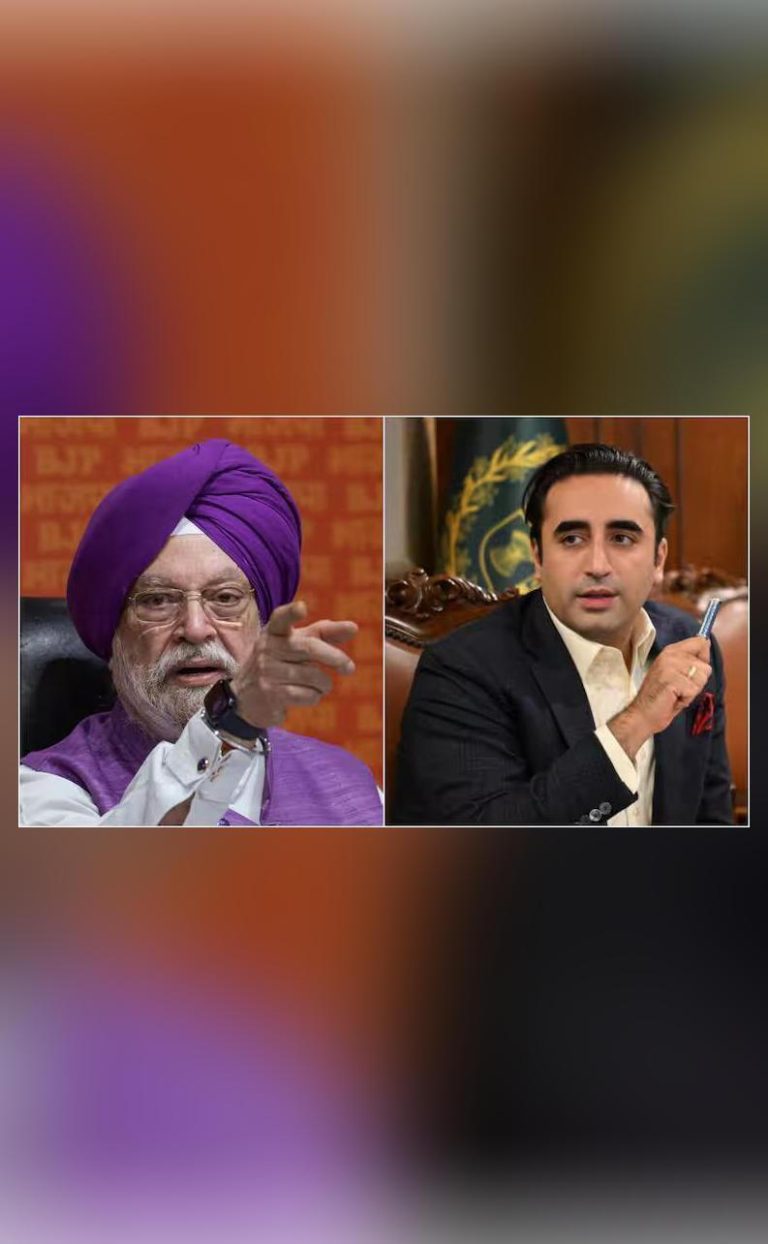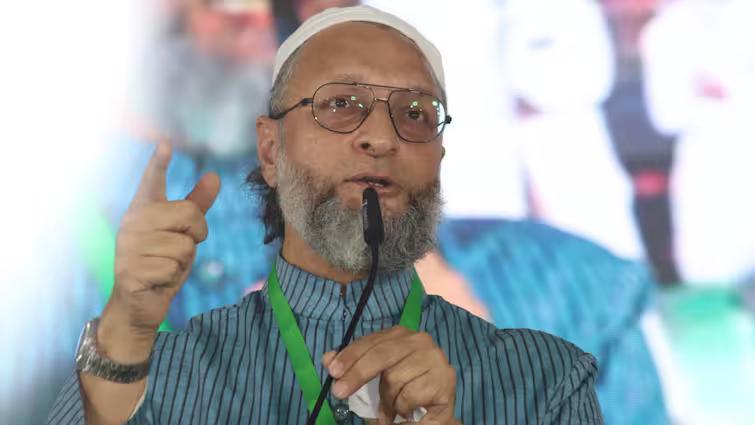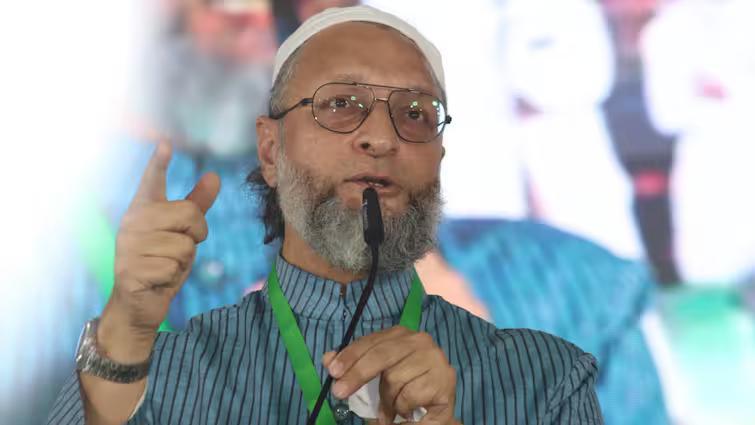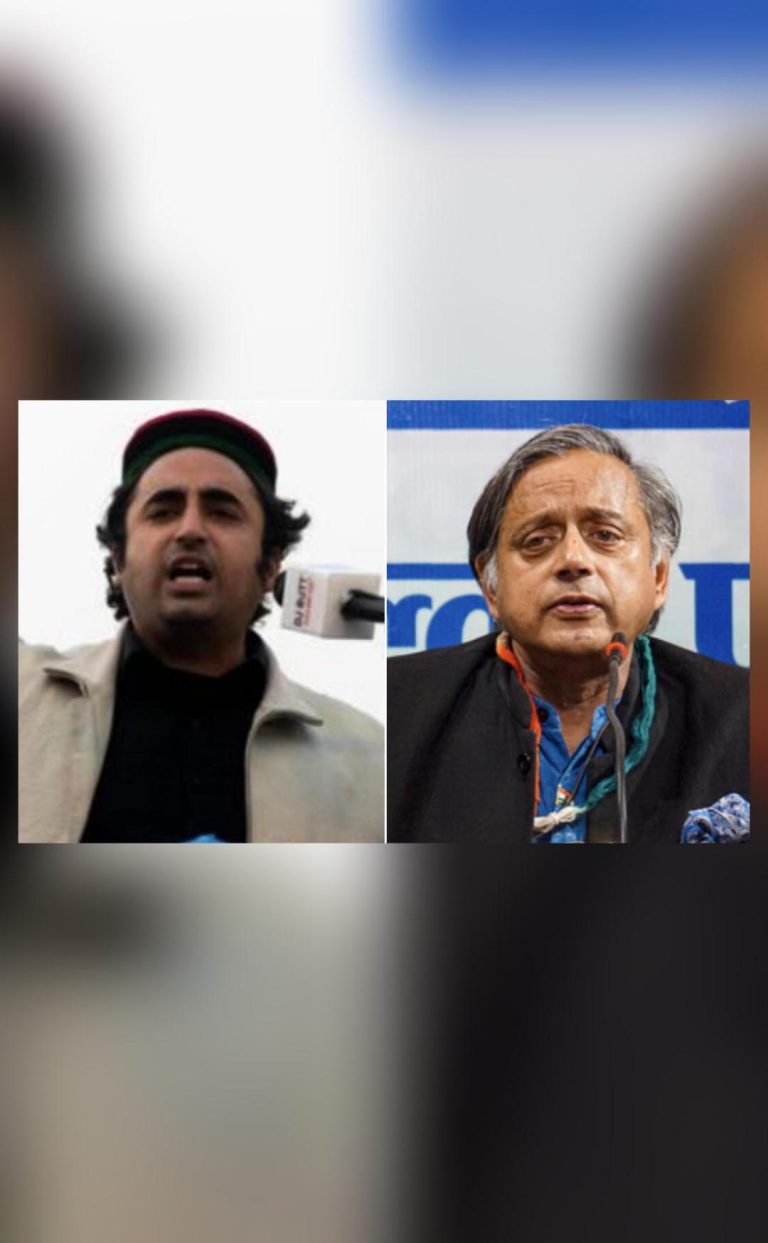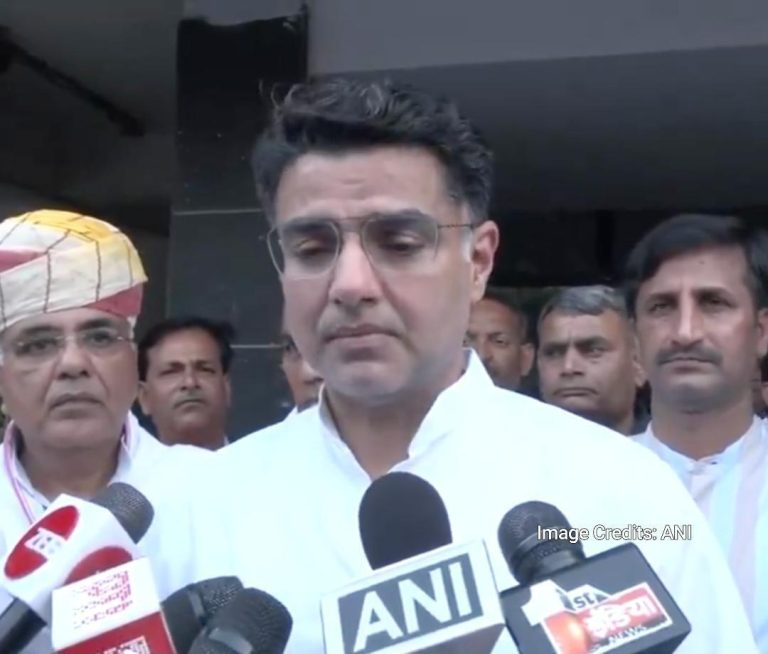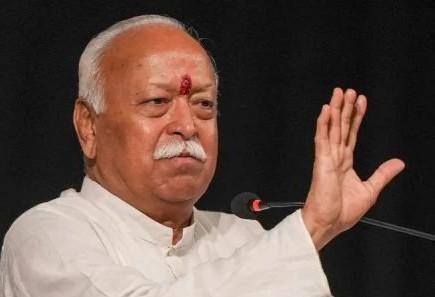
If Someone Turns to Evil, We’ll Teach a Lesson: Bhagwat on J&K Attack
India has always been a nation that prides itself on its commitment to non-violence and peaceful coexistence. The country’s rich cultural heritage and spiritual traditions are built on the principles of ahimsa, or non-violence, as preached by Mahatma Gandhi. However, in the face of increasing terrorism and violence, even the most ardent advocates of non-violence are forced to re-evaluate their stance.
In the wake of the recent terror attack in Pahalgam, Jammu and Kashmir, RSS chief Mohan Bhagwat has sparked controversy with his remarks on teaching a lesson to those who engage in evil deeds. Speaking to a gathering, Bhagwat emphasized the importance of non-violence as India’s religion, but also highlighted the need to take a firm stance against those who seek to harm others.
“We never harm or disrespect our neighbors,” Bhagwat said, “but if someone is bent on being evil, what is the cure? The king’s duty is to protect the people, and he will do his duty.”
Bhagwat’s comments have been widely reported and have sparked a lively debate on social media and in the media. Some have hailed his remarks as a much-needed dose of reality, while others have criticized him for advocating for violence.
So, what does Bhagwat’s statement really mean? Is he advocating for a return to the days of revenge and retaliation, or is he highlighting the need for a nuanced approach to dealing with terrorism and violence?
To understand Bhagwat’s statement, it is essential to consider the context in which it was made. The recent terror attack in Pahalgam was a brutal and heinous act that left several innocent people dead and many more injured. The attack was carried out by a group of terrorists who have been waging a deadly campaign against the Indian state and its people.
In the face of such violence, it is natural for people to seek revenge and retaliation. Bhagwat’s statement can be seen as a call to action, urging the government and the people of India to take a firm stance against those who seek to harm others.
However, it is important to note that Bhagwat’s statement is not a call to violence or revenge. Rather, it is a call to action that emphasizes the need for a nuanced approach to dealing with terrorism and violence. Bhagwat is not advocating for a return to the days of revenge and retaliation, but rather highlighting the need for a comprehensive strategy that takes into account the complexities of the situation.
So, what does Bhagwat’s statement mean for the people of India? For some, it may be seen as a reassuring message that the government and the people are committed to protecting them from harm. For others, it may be seen as a message of caution, highlighting the need for vigilance and restraint in the face of violence and terrorism.
In conclusion, Bhagwat’s statement is a call to action that emphasizes the need for a nuanced approach to dealing with terrorism and violence. While some may see it as a call to violence and revenge, it is important to note that Bhagwat is highlighting the need for a comprehensive strategy that takes into account the complexities of the situation.
Ultimately, the people of India must be prepared to face the challenges of terrorism and violence head-on. Bhagwat’s statement is a reminder that the government and the people are committed to protecting them from harm, and that together, they can overcome even the most daunting challenges.
Source: https://youtu.be/SpAKVWl5wII
